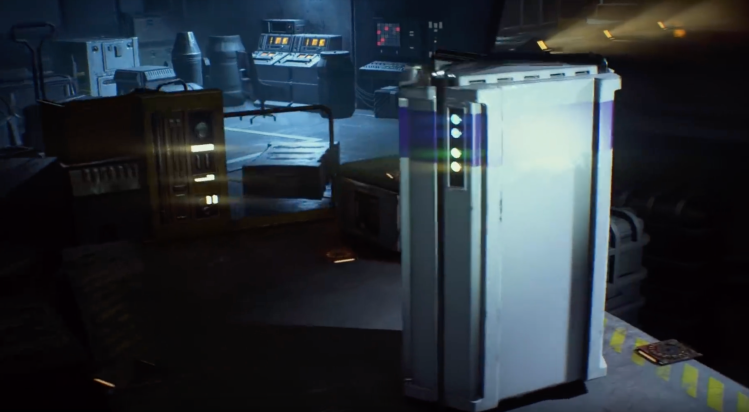The three major console makers — Nintendo, Microsoft, and Sony — have come together to pledge new regulations requiring video games makers to disclose loot box odds.
The announcement came today during a U.S Federal Trade Commission workshop on loot boxes, a monetization system in which players buy packages of random in-game items (think of it like buying a pack of trading cards — you don’t know what you’re going to get). The new requirement from the big three will impact new games and those that add loot boxes via updates.
Entertainment Software Association chief consul of tech technology Michael Warnecke revealed Nintendo, Microsoft, and Sony’s plans during the workshop. In a blog post on the ESA site, the group notes that third-party publishers have pledged to disclose loot box probabilities and rarity by 2020, including Activision Blizzard, Bandai Namco Entertainment, Bethesda, Bungie, Electronic Arts, Microsoft, Nintendo, Sony Interactive Entertainment, Take-Two Interactive, Ubisoft, Warner Bros. Interactive Entertainment, and Wizards of the Coast.
This is a defensive move from the video game industry, trying to self-govern a controversial monetization system before actual laws step in. But many publishers have already moved away from loot boxes, especially after Star Wars: Battlefront II angered players in 2017 with a loot box-dependent progression system. Just yesterday, Rocket League announced that it will be getting rid of its loot boxes.
Many games have moved to the battle pass, which charges players a fee to unlock a progression line that awards them items based on how much they play. Unlike with loot boxes, it has no random variables.

